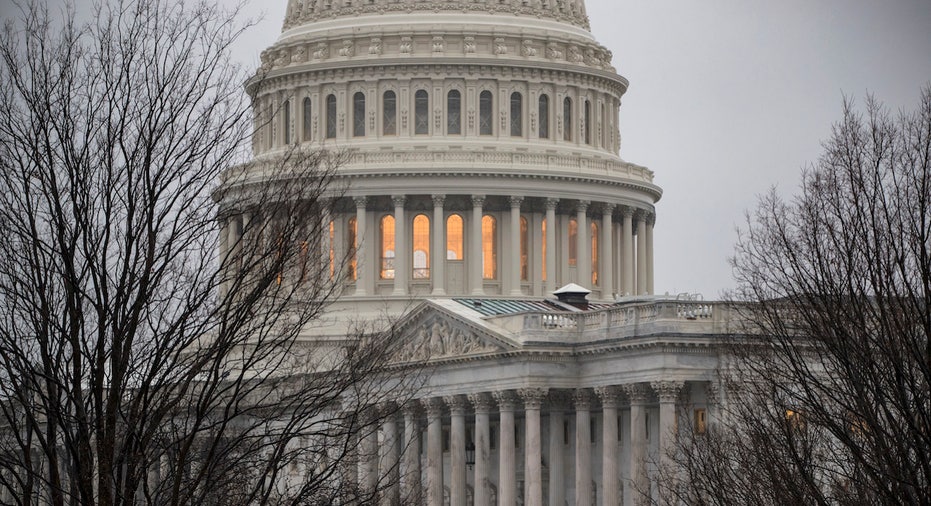Some Senators in health talks would keep tax on investment income

Republican senators negotiating the health-care overhaul legislation are considering keeping the Affordable Care Act's tax on investment income, a move that would go against the party's long-stated goal of doing away with such taxes.
The 3.8% tax could be kept to ensure there is more funding for subsidies to health-care consumers who acquire insurance. Several GOP Senators said Thursday that retaining the tax was under discussion, but that no decision had been reached.
Republican Sens. Bob Corker of Tennessee and Marco Rubio of Florida, among other GOP senators, said they were open to keeping the tax.
"I think we ought to take a look at the investment tax that's in the system now and whether or not it would be appropriate to allow that tax to remain, so that we can afford to pay for some of these additional costs that have been imposed by Obamacare," said Mike Rounds (R., S.D.).
Under the current House and Senate bills, the investment tax would be repealed retroactively for income received in 2017. It applies to capital gains, dividends, interest and certain passive business income for individuals with income over $200,000 and married couples with income over $250,000.
Repealing the tax would reduce federal revenue by $172 billion over a decade, according to the congressional Joint Committee on Taxation
Some Republicans are resisting the change, noting that the taxes were imposed as part of the Affordable Care Act and should be repealed as part of the GOP's pledge to do away with the law.
"I don't remember anybody going around saying oh, except for these job-killing tax increases," said Sen. Pat Toomey (R., Pa.) "So I expect that we'll be repealing all the taxes."
Capital-gains income is concentrated at the top of the income distribution, and more than 90% of the benefits of the cut would go to the top 1% of households. Democrats have contrasted the tax proposal with the bill's cuts to Medicaid, the government program that provides health insurance for those with low incomes, and have painted the GOP proposals as a giveaway to the rich at the expense of the poor.
To some Republicans, doing away with the investment-income tax is important because, they say, the higher taxes created under the Affordable Care Act are slowing investment. And keeping the 3.8% tax would add another issue for Republicans to address in the coming debate over revising the tax code, making that effort more complicated.
Mr. Rubio said Thursday he was open to keeping the investment tax, but "only if it's part of a plan that works, not simply just growing government."
Mr. Corker said it appeared the repeal of the 3.8% tax wouldn't be included in the next version of the Senate health bill, and that the money would be used instead to make insurance more affordable for low-income households.
Pairing the investment tax repeal with a cutback in subsidies to lower-income Americans is not "sustainable," Mr. Corker said.
"'It is an inappropriate proposition to lower the tax on the wealthy and increase the burden on the poor," he said. "My goal is to not necessarily focus on the wealthy. My goal is to make sure we're dealing with the poor."



















